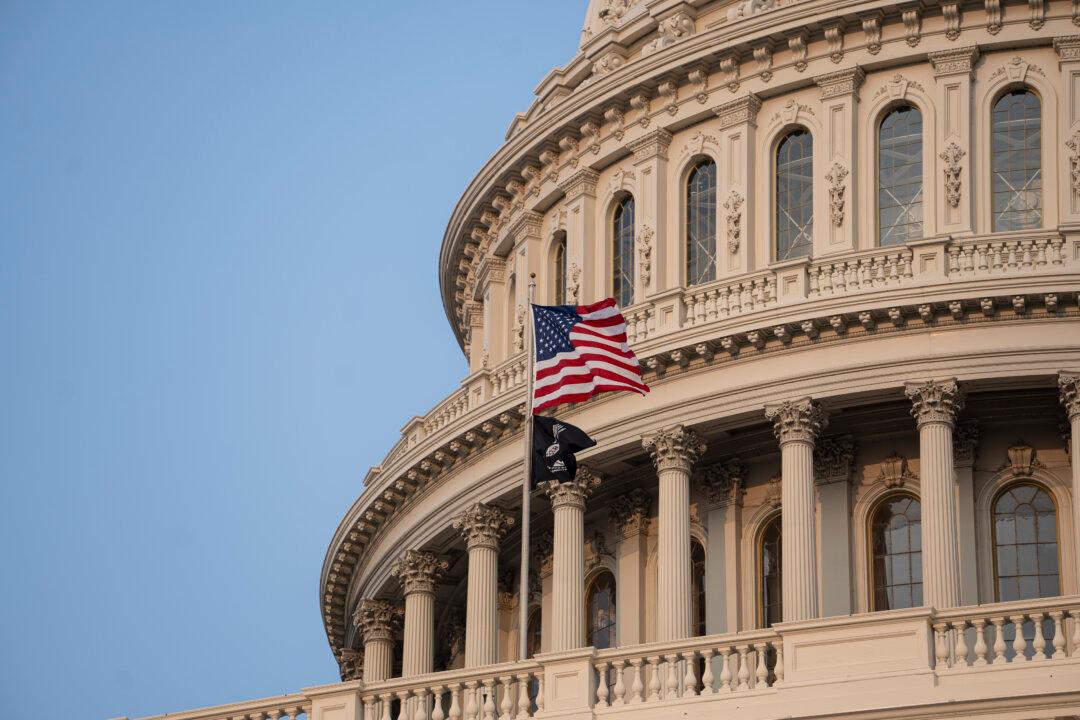After a month-long recess, lawmakers are returning to Washington, D.C. on Sept. 9 with a busy schedule—and facing the looming prospect of a presidential election.
One of the highest priorities is dealing with spending, as current funding will run out by Sept. 30 if new spending bills or an extension aren’t approved.





